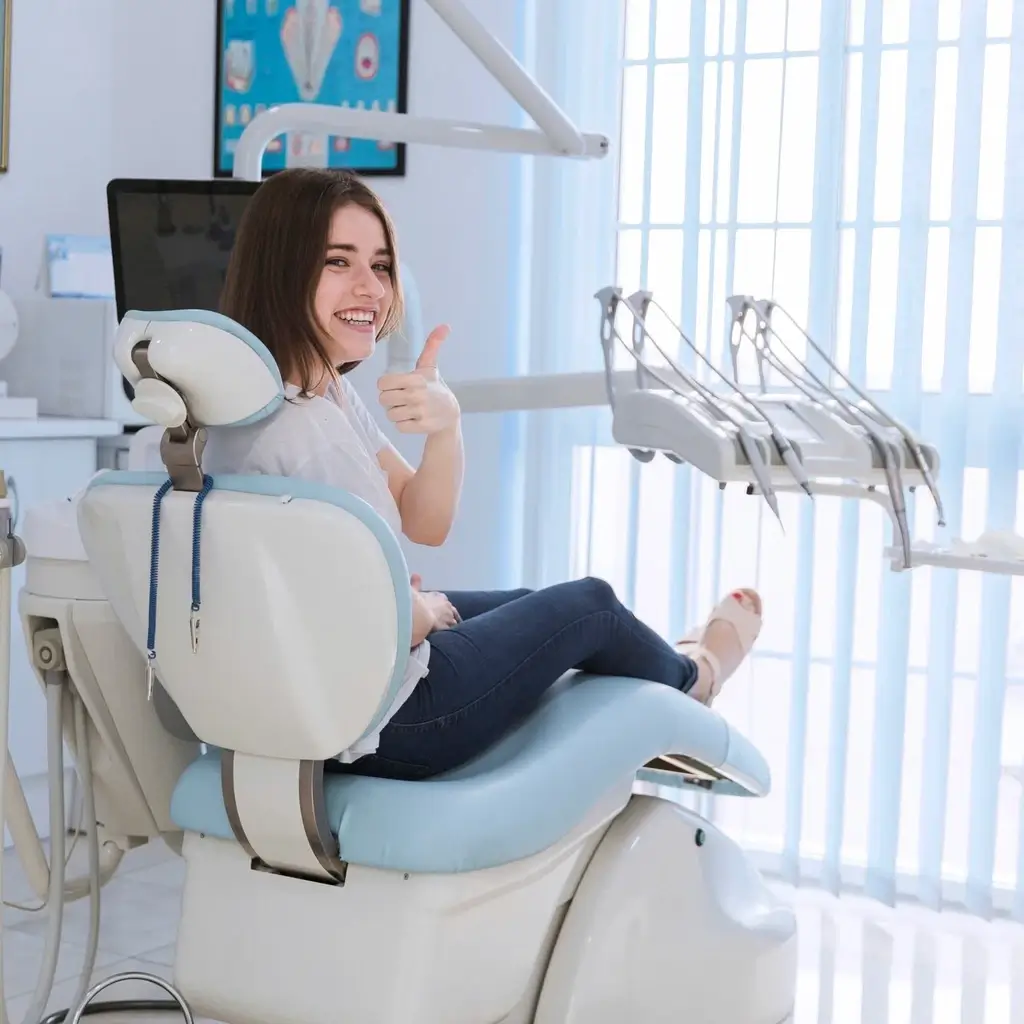By the time you become a teenager, you should have lost your baby teeth and gained most of your permanent teeth. Your wisdom teeth, or third molars, usually emerge during the late teens or early twenties. These teeth are located at the back of the jaw and are the last to emerge. Often, the jaw is too small to accommodate these final teeth, meaning the wisdom teeth may grow at odd angles or remain submerged under gum and bone. You may not notice any symptoms immediately, but if you choose to leave your wisdom teeth in place, it could result in problems later on. We recommend wisdom teeth removal as a preventative measure to ensure ongoing comfort and robust oral health.
Are Wisdom Teeth Really Necessary?
In previous generations, wisdom teeth were often helpful because they replaced molars that had become decayed or broken. Today, dental care has improved to the point that most of us do not face these problems, meaning wisdom teeth are unnecessary. Because they have insufficient space, these teeth typically do more harm than good.
Why Have the Wisdom Teeth Removed?
Having your wisdom teeth removed preventatively means you can avoid several common issues. Some of the consequences of leaving your wisdom teeth include:
- Discomfort in the jaw or face. Your wisdom teeth may cause persistent discomfort as they emerge and shift. Alternatively, any discomfort could be a sign of an oral infection.
- Increased risk of infection. When a wisdom tooth emerges partially through the gums, it creates a trap for food particles and bacteria, leading to a higher risk of oral infection. Untreated infections can cause significant tooth disease and decay.
- Cysts. Another potential consequence of leaving your wisdom teeth in place is that they can cause the formation of tiny, fluid-filled sacs and cysts along the gums. These cysts can often feel uncomfortable.
- Aesthetic concerns. With insufficient space to emerge as normal, wisdom teeth may grow in at unusual angles. This can cause spacing and crowding issues, compromising the health of your adjacent teeth and the beauty of your smile.
- Abnormal bite. If your wisdom teeth come in at unusual or uneven angles, it can lead to an abnormal bite, placing undue stress on your jaw muscles, which can be a source of long-term discomfort.
When Is the Best Time to Have Wisdom Teeth Removed?
If you ever experience any of the symptoms associated with impacted wisdom teeth, that is a sure sign that it is time for you to schedule treatment. Some of these symptoms include:
- Discomfort in the face or jaw.
- Swelling in the gums.
- Bad breath.
- Gum disease.
- Tooth decay.
- Cystic formations along the gums.
Even if you do not have any symptoms from your wisdom teeth, removing them as early as possible is often a good idea. Preventative wisdom teeth removal can help you enjoy long-term comfort and oral health without dealing with these consequences. Preventive treatment is simply much easier than dealing with wisdom teeth complications down the road.
Find Out More About Wisdom Teeth Removal
It is important to schedule a consultation with an oral surgeon to discuss your options for removing your wisdom teeth before they affect your oral health. At Ridge Oral Surgery, we are committed to providing personalized care to ensure optimal oral health. Don’t let the potential risks of not removing your wisdom teeth go unchecked; learn more about wisdom teeth removal today, visit Ridge Oral Surgery & dental Implants in Basking Ridge, NJ. Call today to schedule a consultation with our Board certified, dual degree Oral surgeon Dr. Mehrotra!





